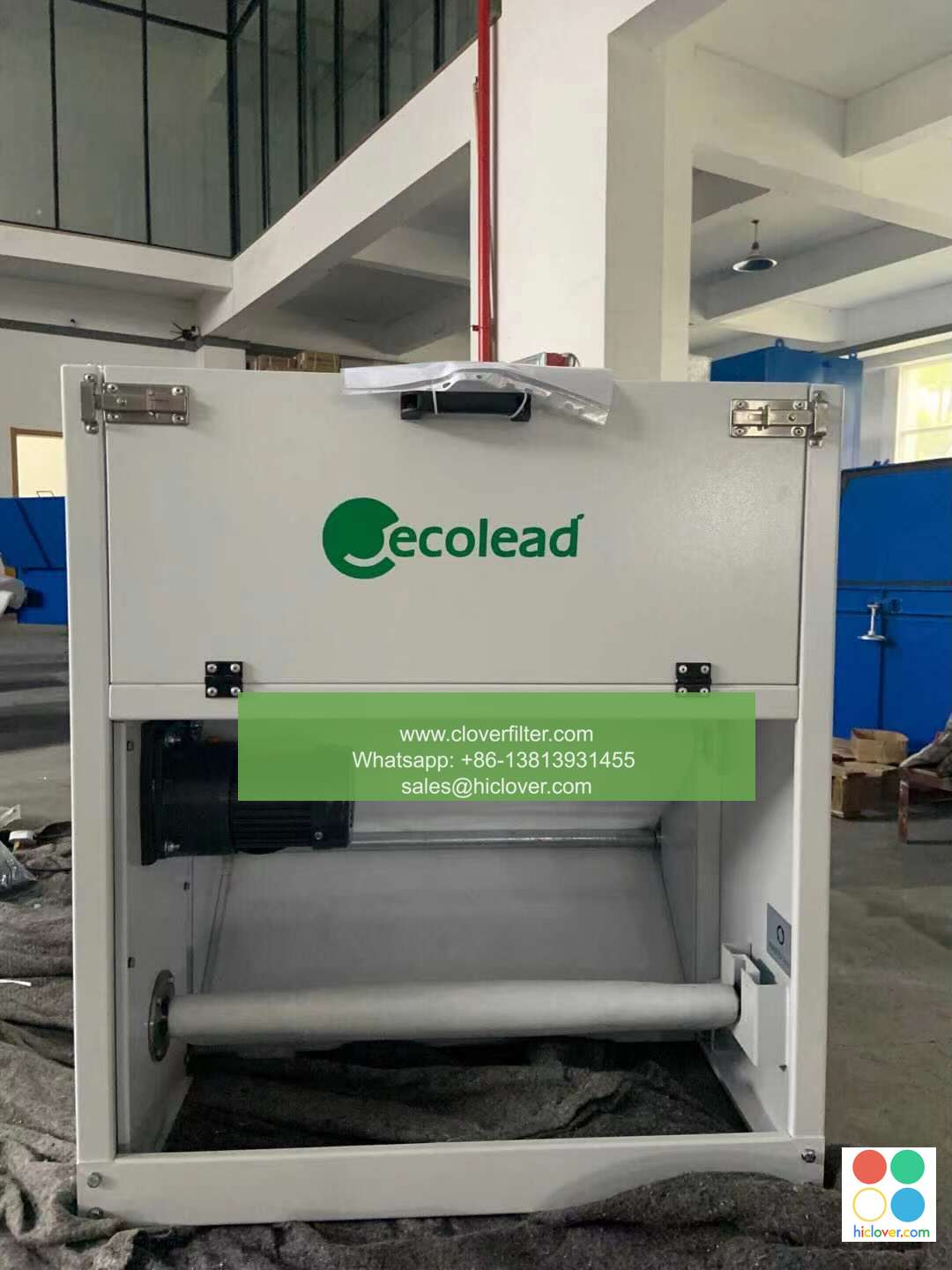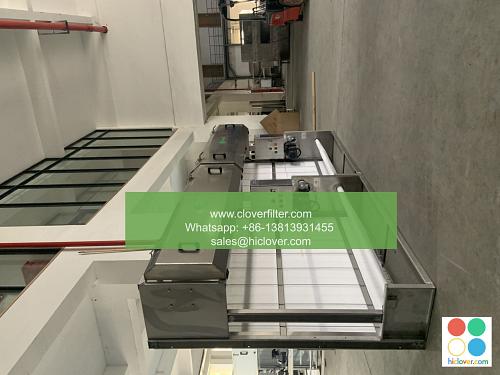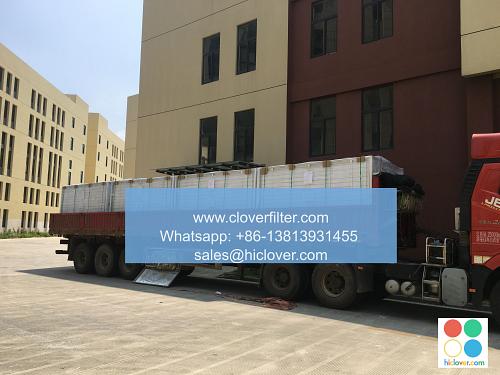Improving Indoor Air Quality with Automatic Roll Air Filters in Quebec Pharmaceutical Plants

Pharmaceutical plants in Quebec face unique challenges in maintaining a clean and safe environment for the production of medicines. One crucial aspect of achieving this is ensuring good indoor air quality. The air inside pharmaceutical facilities can be contaminated with particles, microorganisms, and other pollutants that can compromise the quality of products and pose health risks to employees. Traditional air filtration systems can be effective but may require frequent maintenance and replacement, which can be time-consuming and costly. Automatic roll air filters offer a viable solution to improve indoor air quality in Quebec pharmaceutical plants efficiently and effectively.
Automatic roll air filters are designed to provide continuous filtration without the need for manual intervention. These systems consist of a roll of filter media that automatically advances to replace the used section with a clean one, ensuring that the air passing through the filter remains clean and free of contaminants. This technology is particularly beneficial in pharmaceutical environments where strict cleanliness standards must be met, and any downtime or contamination can have significant consequences.
The benefits of using automatic roll air filters in pharmaceutical plants are multifaceted. Firstly, they enhance indoor air quality by removing airborne contaminants, including dust, pollen, bacteria, and other microorganisms that could compromise the quality of pharmaceutical products. Secondly, these filters can reduce the risk of product contamination, which is a critical concern in the pharmaceutical industry. By minimizing exposure to airborne pathogens and particles, automatic roll air filters contribute to a safer working environment and help protect the health of employees.
Another significant advantage of automatic roll air filters is their ability to optimize energy consumption and reduce operational costs. Traditional filter systems require frequent changes, which can be labor-intensive and may result in periods of reduced filtration efficiency. In contrast, automatic roll air filters maintain consistent filtration efficiency without the need for manual replacement, reducing labor costs and minimizing waste. Moreover, these systems can be designed to operate at variable speeds, allowing for energy consumption adjustments based on the actual air quality needs of the facility.
In Quebec, where strict environmental and health regulations are in place, the use of automatic roll air filters can help pharmaceutical plants comply with these standards more effectively. The Quebec government has implemented various policies to improve indoor air quality and reduce environmental pollution, and adopting advanced air filtration technologies aligns with these initiatives. By investing in automatic roll air filters, pharmaceutical facilities not only improve their indoor air quality but also demonstrate their commitment to sustainability and environmental responsibility.
The implementation of automatic roll air filters in pharmaceutical plants requires careful planning and consideration of several factors. The size and design of the filtration system must be tailored to the specific needs of the facility, taking into account the volume of air to be filtered, the types of contaminants present, and the required level of filtration efficiency. Additionally, regular maintenance of the filter system, although minimal, is necessary to ensure optimal performance and longevity of the equipment.
Furthermore, the selection of the filter media is critical. The material should be chosen based on its ability to capture particles of various sizes, its resistance to airflow, and its compatibility with the pharmaceutical environment. Some filters may be designed with special features, such as antimicrobial treatments, to enhance their effectiveness in sterile environments.
In conclusion, automatic roll air filters offer a reliable and efficient means of improving indoor air quality in Quebec pharmaceutical plants. By providing continuous, high-efficiency filtration, these systems help maintain a clean and safe environment, reduce the risk of product contamination, and optimize energy consumption. As the pharmaceutical industry continues to evolve, embracing advanced technologies like automatic roll air filters will be essential for ensuring compliance with regulatory standards, protecting public health, and minimizing environmental impact.
Frequently Asked Questions (FAQs):
Q: What are the primary benefits of using automatic roll air filters in pharmaceutical plants?
A: The primary benefits include improved indoor air quality, reduced risk of product contamination, optimized energy consumption, and minimized labor costs associated with filter replacements.
Q: How do automatic roll air filters contribute to a safer working environment?
A: By effectively removing airborne pathogens and particles, these filters help protect the health of employees and reduce the risk of respiratory and other diseases.
Q: Can automatic roll air filters help pharmaceutical plants comply with Quebec’s environmental and health regulations?
A: Yes, by improving indoor air quality and reducing pollution, these filters can help facilities meet or exceed regulatory standards, demonstrating their commitment to sustainability and environmental responsibility.
Q: What factors should be considered when selecting an automatic roll air filter system for a pharmaceutical plant?
A: Key considerations include the size and design of the system, the type of filter media, the required level of filtration efficiency, and compatibility with the facility’s operations and environmental conditions.


